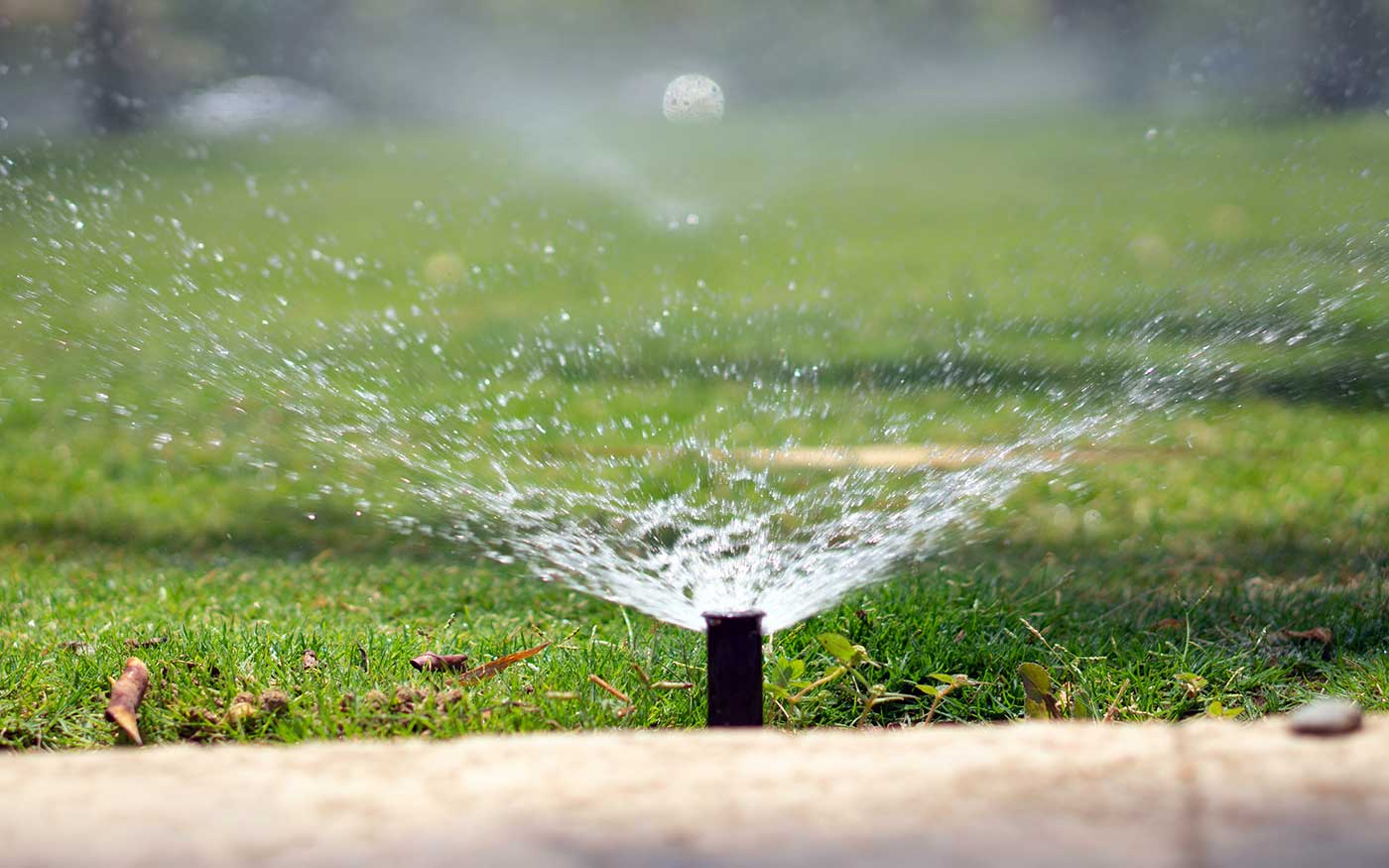As the California drought continues, many water supply systems face a present or threatened risk of inadequate supply. In a recent speech, Governor Newsom called on all Californians to redouble their efforts to voluntarily reduce their water use by 15% from their 2020 levels by implementing common-sense measures. In a follow up to the Governor’s speech, the State Water Resources Control Board introduced a new ruling on prohibition of activities and mandatory actions that could take effect early in 2022.
The proposal argues that the current extent of voluntary conservation established by many urban water suppliers will not provide for timely and effective attainment of the state’s conservation needs. Furthermore, the proposal contends that emergency regulations would allow the State Water Board and local agencies to quickly and effectively implement and enforce mandatory water conservation measures during the current drought, which would help preserve the state’s supplies during the drought emergency. Most importantly, the regulations would prohibit activities the water board deems “wasteful.”
Under the new bill, the following activities would be prohibited:
- Watering landscapes in a manner that causes excessive runoff, and watering lawns within 48 hours after measurable rainfall
- Washing vehicles with hoses that do not have shut-off nozzles
- Hosing down sidewalks, driveways or patios
- Street cleaning, unless no other method can be used to protect the health and safety of the public
- Decorative fountains or the filling and/or topping-off of decorative lakes or ponds, with exceptions for those that use pumps to recirculate water and only require refilling to replace evaporative losses
What does this mean for pool owners?
There is good news and bad news. While the State Water Board made no specific restrictions surrounding refilling or building new pools, some local governments may see the benefits of placing restrictions on pools. However, these gestures are merely symbolic measures that demonstrate the government’s proactive efforts to combat the drought, but do not result in any real significant water savings. If you own a pool, be sure to stay up to date with your local government’s mandates on water use and equip yourself with the knowledge that your pool can be a resource during a drought. Get the facts and maintain water wise practices to protect your pool.

